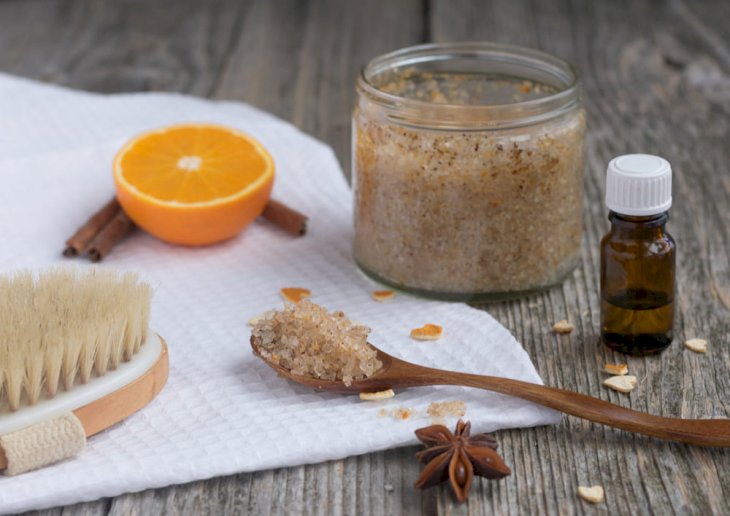
Dangerous Beauty DIY Hacks To Avoid
A good DIY hack is hard to resist even for the most devoted product junkie. There's something satisfying about being able to turn to your fridge grab some yogurt and avocado and whip up a moisturizing mask.
However, all hacks aren't equal. It is important to do your research before trying out any new tip or trick. There are some hacks that are dangerous and should be avoided at all costs as they can cause damage to your skin and have lasting side effects. Here are just a few to DIY hacks to avoid.
Coconut Oil Replacing Skincare
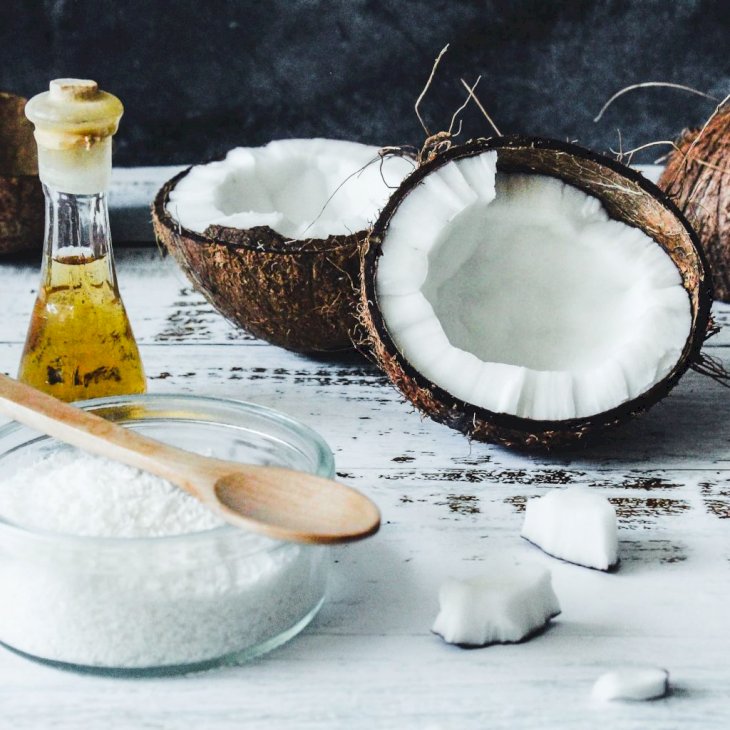
Photo by Tijana Drndarski on Unsplash
Coconut oil has been championed as a wonder product. However, while it might be great for cooking it is definitely not safe to use in place of your skincare.
Coconut oil is highly comedogenic meaning it may clog pores. Using it in formulas specifically created for the face is usually safe, however, replacing your moisturizer or cleanser with plain cooking coconut oil is definitely not advised.
Toothpaste As A Spot Treatment
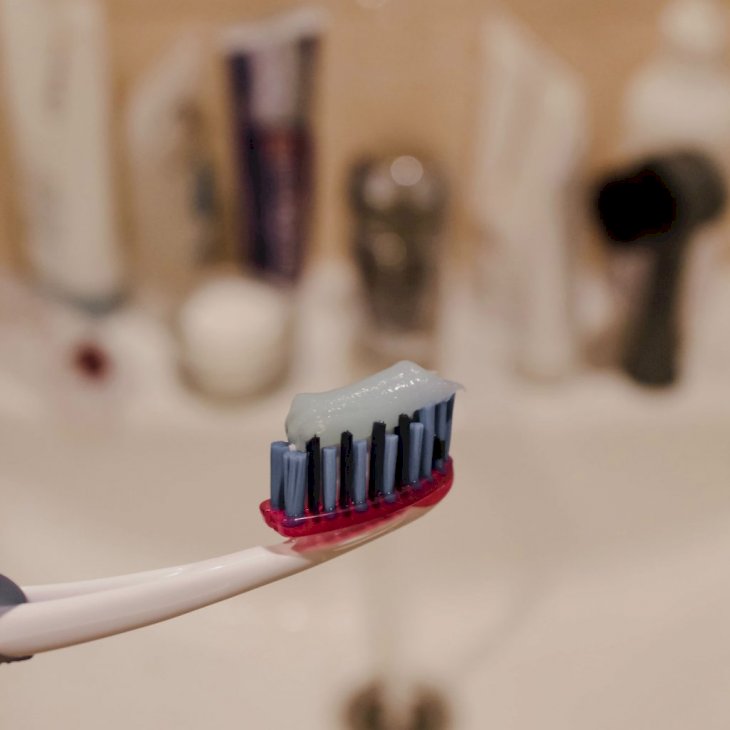
Photo by Anastasiia Ostapovych on Unsplash
One of the oldest hacks in the beauty world is using toothpaste to treat a breakout. However, it can actually make it worse.
While toothpaste does have drying properties when combined with other ingredients in most modern toothpaste formulas it is more likely to lead to irritation and inflammation. Instead, invest in a well formulated spot treatment that is skin safe and effective.
Homemade Lip Plumpers
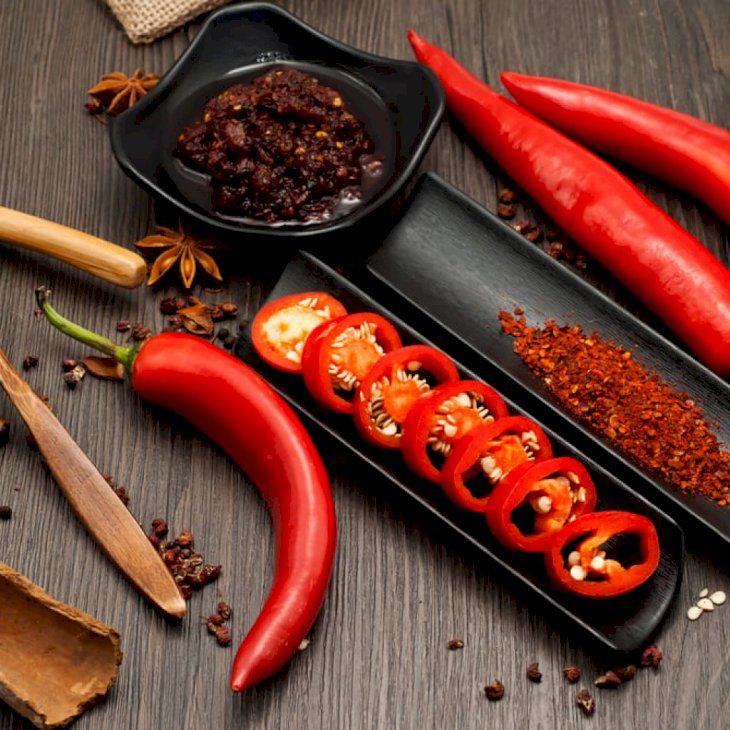
After the very dangerous Kylie Jenner lip challenge swept through the internet, the desire to gain pouty lips at home seems to still be trendy. However, like the Kylie challenge, many of these can result in bruising, inflammation, and damaged skin.
Some of the most popular ingredients in homemade lip plumpers appear to be cinnamon and cayenne pepper. While they are both fantastic to flavor food, they are terrible to rub onto your skin. While the plumping effect wears off nearly instantly, the spices will leave your lips tingling and irritated for much longer.
Anything That Involves Glue
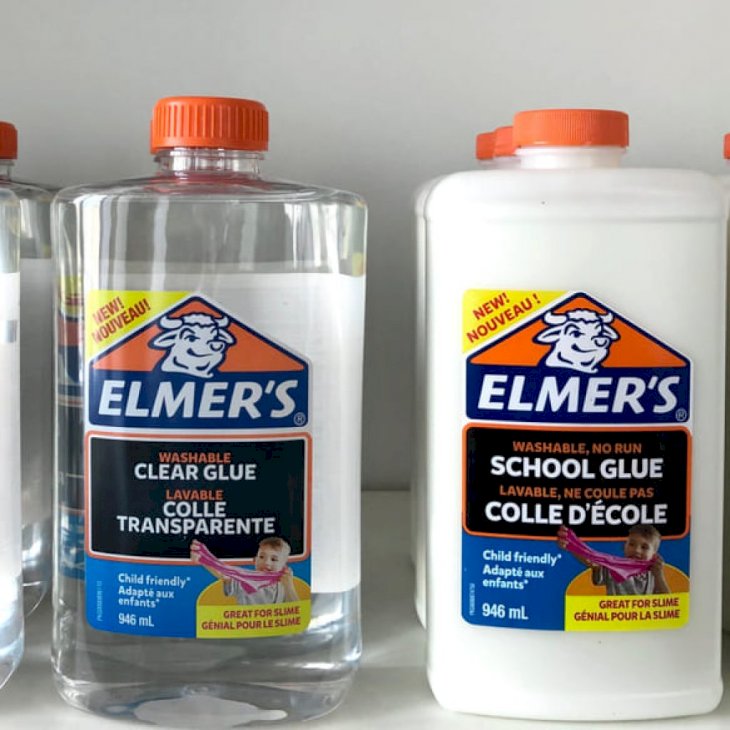
Glue might be non-toxic but it is definitely not designed to be slathered on your skin. No matter how many videos people make using glue to remove or “pull out” blackheads, it is not worth risking the damage it can cause to your skin.
“Even though certain brands of glue are non-toxic, it should not be used on the skin to get rid of blackheads. The glue was not made to be applied to the skin, so there can be many side effects due to improper usage. Glue can adhere too strongly onto your face leaving it irritated and inflamed and more likely for pores to be clogged since they are opened from the peel.”
says Dr. Zain Husain, board-certified dermatologist .
Not to mention, peel off glue masks are not actually sucking dirt out of your pores. Rather you are simply removing oil filaments from the surface of your skin and not blackheads.
Lemon & Lime Skincare
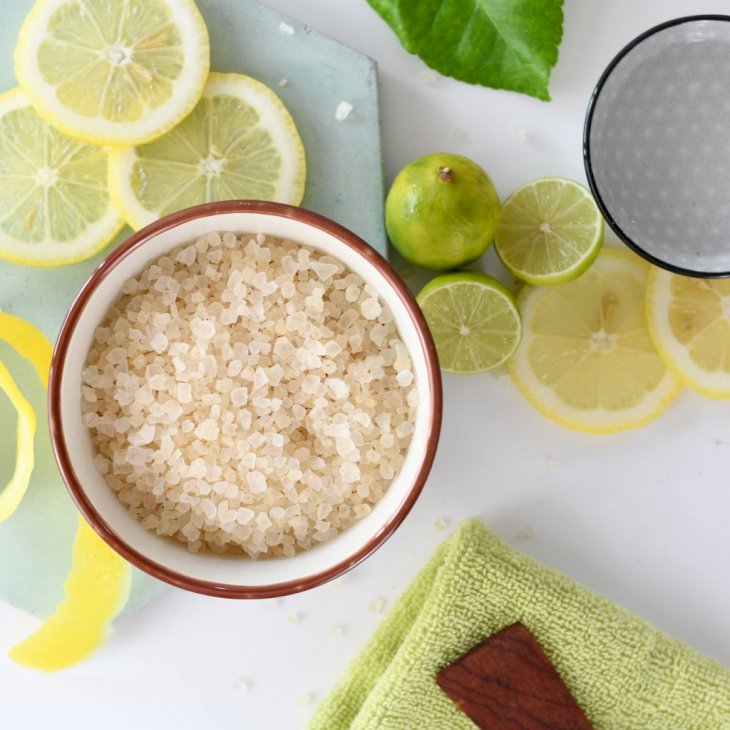
Photo by Vero Photoart on Unsplash
While specially formulated acids are definitely trending in the skincare world for their incredible benefits, trying to DIY them is a terrible idea. There are many skincare hacks that advise people to use a lemon or lime juice directly onto their face.
This is extremely dangerous as both have extremely low PH ratings with lemon being only 2. This means that they are extremely acidic. Thus they are far too harsh for your skin and can trigger rashes, severe burns if exposed to the sun immediately after using it, and even blotches of hyperpigmentation.
Homemade Exfoliators
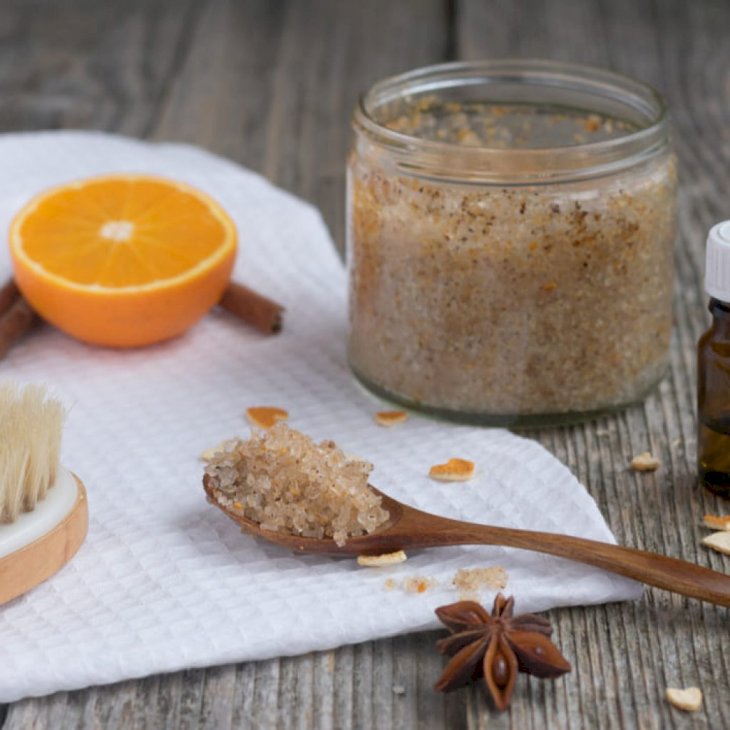
Shutterstock
While a sugar or coffee scrub is great on the body, it can be extremely dangerous to use them on your face. The skin on your face is much thinner and more sensitive than your body.
DIY scrubs can be far too harsh on the face as the granules are often too rough or have jagged edges. These granules can result in micro-tears that could become infected resulting in breakouts or long-lasting inflammation and redness.